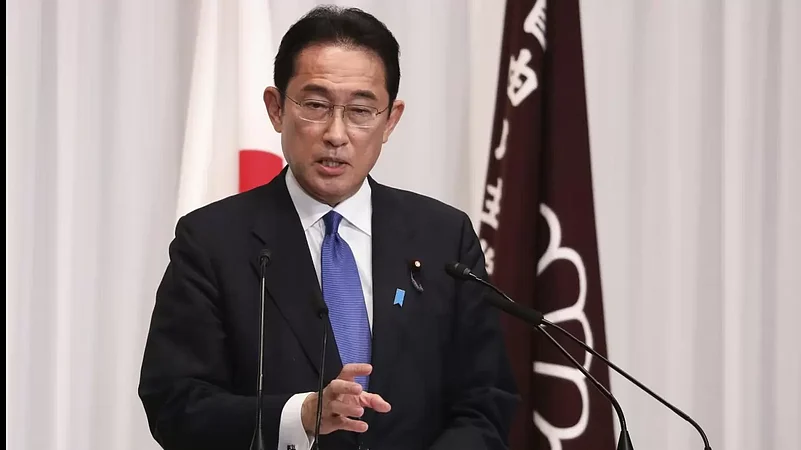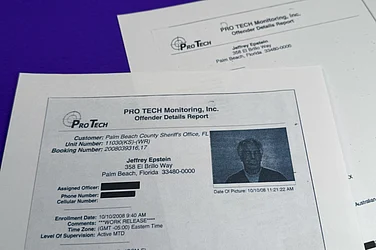Japanese Prime Minister Fumio Kishida was evacuated unharmed after an explosion at a western port on Saturday, NHK television reported, and a suspect was apprehended for allegedly throwing the explosive.
Kishida was visiting the Saikazaki port in Wakayama prefecture to cheer his ruling party's candidate in a local election.
The explosion occurred just before he was to begin his speech, NHK said.
No injuries were reported in the incident and Kishida was taken to Wakayama prefectural police headquarters, it added.
The incident comes only nine months after former Prime Minister Shinzo Abe was assassinated while delivering a campaign speech in the western city of Nara.
The assassination shocked the nation and a subsequent investigation found holes in Abe's security and led to reinforcement of Japan's police security measures.
The latest attack also comes as a series of Group of Seven ministerial meetings begins this weekend ahead of the May 19-21 summit that Kishida will host in Hiroshima.
A man believed to be a suspect was arrested at the scene on Saturday. NHK footage showed several uniformed and plainclothes police officers gathered around the man, pressing him to the ground and dragging him to the side.
The suspect, identified only as a young male, allegedly threw the explosive, NHK said.
One witness told NHK she was among the crowd and saw something come flying from behind and that there was a sudden loud noise and she fled with her children.
Another witness said people were screaming and that he saw someone being apprehended right before the explosion occurred.
Saturday's attack comes ahead of nationwide local elections, including a by-election for a vacated seat in the lower house of the Parliament, with voting scheduled for April 23.
In Abe's assassination, the attacker allegedly shot Abe with a homemade gun as the former leader was making a campaign speech.
The suspect, Tetsuya Yamagami, has been charged with murder and several other crimes including violation of a gun control law.
Abe's alleged assassin told investigators that he killed Abe, one of Japan's most influential and divisive politicians, because of Abe's apparent links to a religious group that he hated.
In his statements and in social media postings attributed to him, Yamagami said he developed a grudge because his mother had made massive donations to the Unification Church that bankrupted his family and ruined his life.
In a country known for public safety and tight gun controls, the assassination led to the resignation of top local and national police chiefs and a tightening of security guidelines for political leaders and other prominent people.





















